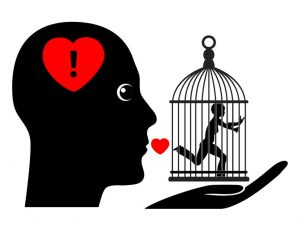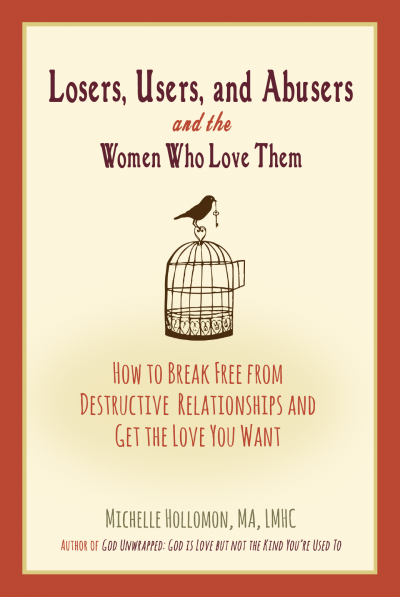You know something isn’t right. Maybe it’s the baffling mood swings. Or maybe it’s the way your partner is cruel one day, then sweet and loving the next without explanation. Or maybe it’s the lack of self-awareness your partner has when it comes to how they affect those around them.

Last week, we talked about how sane people living in crazy family systems, end up feeling crazy themselves. Click here if you missed it. If you think you may be in a dysfunctional relationship with a dysfunctional person, reading it will help you feel less out-of-control and more grounded in reality.
What is a Personality Disorder? For our purposes, I’m going to condense a BIG and COMPLICATED topic with diagnostic considerations into a tiny little definition.
A Personality Disorder is a pattern of lifelong maladaptive behaviors.
Want to read that again?
A pattern of lifelong maladaptive behaviors. Basically, ineffective behaviors practiced over and over again for the span of life.
Personality disordered people are sometimes tricky to recognize. They may look, act and talk the same as everyone else you know, but at second glance, have some glaring problems. Maybe its the string of failed jobs, wrecked relationships, run-ins with the law, sporadic and unpredictable behavior, or addictions. These things are red flags to the casual observer, but if you’re in a relationship with a Personality Disordered person, you’ve heard 100 excuses for each one.
TRAITS OF PERSONALITY DISORDERED PEOPLE
My hope is that after reading this, you will be able to feel less guilty, less self-doubt, and less blame for the craziness in your relationship. By recognizing common traits of personality disordered people, you can get the support you need to make changes in your relationship. Here are common traits among all the Personality Disorders (For the folks who like the deets, here ya go! All Personality Disorders like Narcissistic, Borderline, Obsessive Compulsive, Antisocial, and Histrionic, but except Avoidant or Schizoid Personality Disorders- those are different.)
- Self-Awareness Deficit: don’t recognize how their dysfunctional behavior may be negatively impacting others.
- Self-Absorption: Consumed with their own pain or needs, they don’t value the importance of other’s pain or needs.
- Unwillingness to Admit They May be Wrong: Defending, excusing and justifying themselves are constant mechanisms to keep avoid personal accountability.
- Entitlement: feel entitled to and vehemently demand preferential treatment.
- Compete Instead of Cooperate: there always seems to be a win/lose or one up/one down scenario. They use power plays with others to show dominance in intelligence, wealth, beauty, popularity, or power. They are unwilling to collaborate or cooperate.
- Disinterested in Reality: Creating their own, unchecked and often self-righteous world view, unwilling to see things from other’s perspectives.
- Emotionally Dysregulated: unpredictable mood swings, outbursts, cold silence or agitated anxiety keeps others walking on egg shells.
- Lacking in Empathy: this trait goes hand in hand with superiority. Having empathy is the ability to metaphorically walk in another’s shoes and relate to how another is feeling. Empathy is beneath them.

With this line up, you can see how maintaining relationship with a Personality Disordered person can take quite a toll on partners and family members.
Partners and family will often feel exhausted being their constant source, anxious trying to keep the peace, and crazy with the mixed signals.
So what should you do?
The first step is to get some professional help. A counselor or coach who is knowledgeable about personality disorders will be able to help you set boundaries, communicate your needs, and follow through. Read the difference between counseling and coaching here, and sign up for an appointment here.
Next week, we will talk about the specifics steps needed in order to change the dynamics in the relationship. Stay tuned! (But if you need more help FAST, click here for more help on living with personality disordered peeps.)



